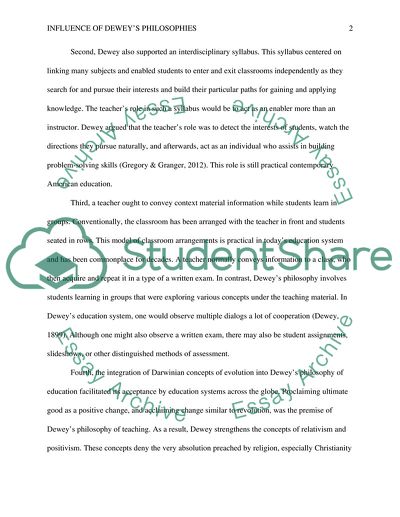Cite this document
(“The Influence of Deweys Philosophies in Modern Americas Education Research Paper”, n.d.)
The Influence of Deweys Philosophies in Modern Americas Education Research Paper. Retrieved from https://studentshare.org/education/1686859-the-influence-of-deweys-philosophies-in-modern-americas-education
The Influence of Deweys Philosophies in Modern Americas Education Research Paper. Retrieved from https://studentshare.org/education/1686859-the-influence-of-deweys-philosophies-in-modern-americas-education
(The Influence of Deweys Philosophies in Modern Americas Education Research Paper)
The Influence of Deweys Philosophies in Modern Americas Education Research Paper. https://studentshare.org/education/1686859-the-influence-of-deweys-philosophies-in-modern-americas-education.
The Influence of Deweys Philosophies in Modern Americas Education Research Paper. https://studentshare.org/education/1686859-the-influence-of-deweys-philosophies-in-modern-americas-education.
“The Influence of Deweys Philosophies in Modern Americas Education Research Paper”, n.d. https://studentshare.org/education/1686859-the-influence-of-deweys-philosophies-in-modern-americas-education.


